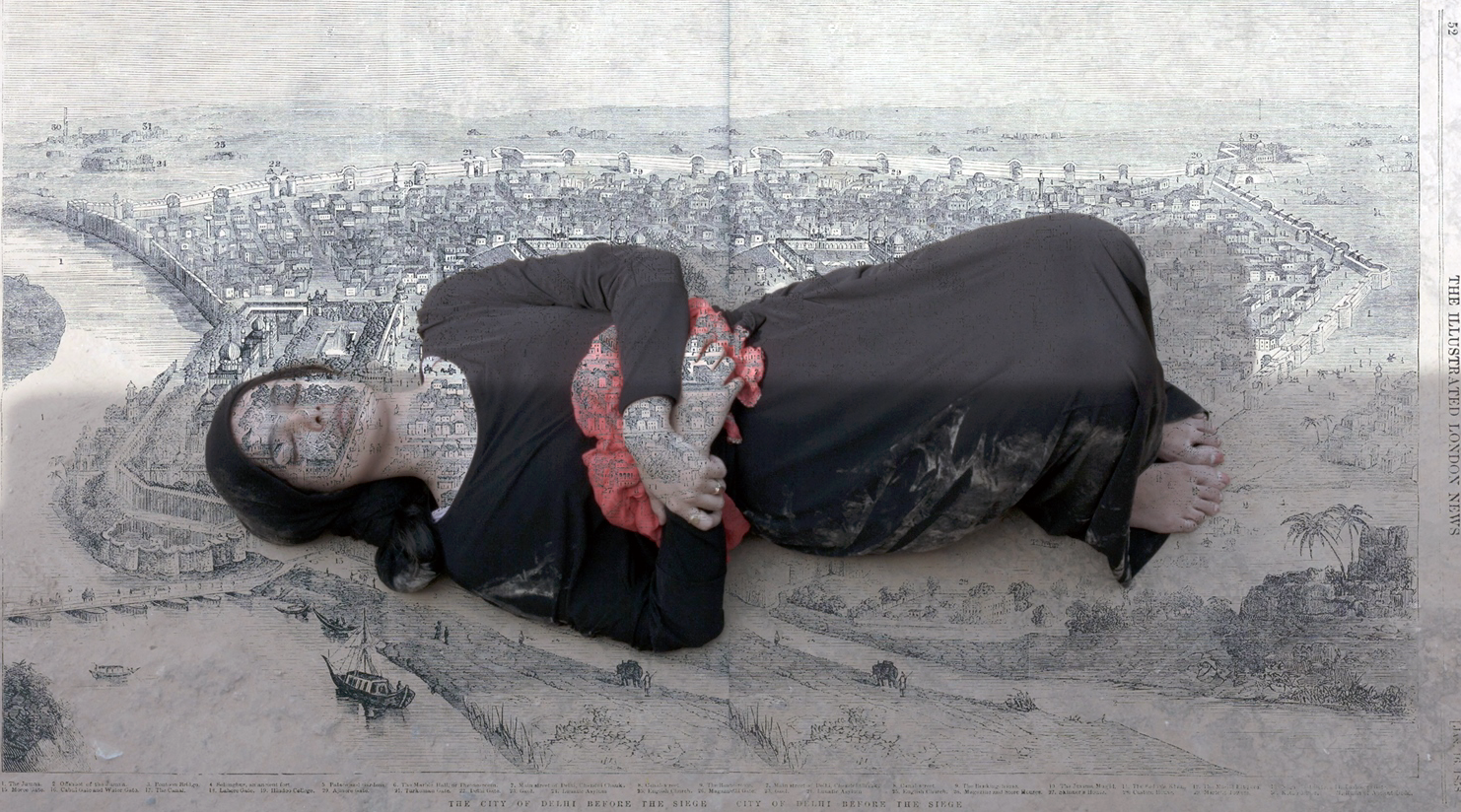two laments (19 cantos)
above: excerpt from Canto 4, part of Two Laments (19 Cantos), 2015-2020, 4K digital film, silent. Movement performer: Vinita Dasgupta. Meena Alexander’s poem Moksha appears in Canto 4 with the permission of the author and of the publisher: Atmospheric Embroidery (Hachette India: New Delhi, 2015)
Two Laments (19 Cantos)
2015-2020
4K film, color and black & white, sound and silent
duration 42:04 minutes, limited edition, 3 + 2 AP
limited edition c-prints (film stills), dimensions variable, edition of 3 + 2 AP
above: excerpt from Canto 9, part of Two Laments (19 Cantos), 2015-2020, 4K digital film and sound composition. Movement performer: Monika Weiss. Sound composed by Monika Weiss with vocal performance by Kamala Sankaram
below: selected limited edition film stills
Credits
film, sound, and movement directed, filmed, composed, choreographed, and edited by Monika Weiss
movement performers & vocalists: Priyanka Bhardwaj, Anarya Dodes, Vinita Dasgupta, Divya Khandekar, Neha Naraya and the artist
special thanks to composer/vocalist Kamala Sankaram for contributing her voice to Canto 9
texts:
Meena Alexander’s poem Moksha is incorporated into Canto 4 with the permission of the author and of the publisher: Atmospheric Embroidery (Hachette India: New Delhi, 2015); the poem appears in its original version in English
This Is My Ribbon is a poetic text that Monika Weiss wrote in English in March 2015 while in New Delhi. It was translated into Sanskrit, Hindi, Bengali, and Oriya, by Mr. Dasgupta, Md. Saffique, and Basanta Sahoo; the text appears in written and oral form throughout the film/sound work; Polish translation by the artist
Artist Statement
Two Laments (19 Cantos), 2015-2020, is a cycle of 19 short film projections accompanied by a series of sound compositions, as well as a series of limited edition film stills. Two Laments (19 Cantos) addresses public memory and collective amnesia in the context of the space of a city, and the nature of mourning. Inspired by the events in India, Two Laments is a response to the two forms of globally occurring violence: the rape of women and the colonial subjugation of cities. It proposes time‐based, performative and participatory commemoration of female victims – in opposition to the vertical solidity of monuments of men who died in wars. I choreographed extremely slow, gradual and repeated gestures of lamentation performed by female volunteers, including myself. This work honors all woman who continue to fall in wars waged against them. This work is also an impossible yet necessary response to an event, a wound in the space of a city: the gruesome violence perpetrated by a group of men on a young woman, who was gang-raped and physically torn apart on a bus moving through Delhi in 2012, posthumously named Nirbhaya. My dear friend, acclaimed Indian-American poet, Meena Alexander encouraged me to continue with this project. Her poem Moksha, also devoted to Nirbhaya, appears in the only silent film in this cycle, Canto 4, (with the permission of the author and the publisher: Atmospheric Embroidery, Hachette India: New Delhi, 2015).
- Monika Weiss
Review Excerpt
A 'transcryptum of memory' is what Weiss is re-enacting within the video Two Laments, for she is asking the audience to remember and engage with a traumatic memory, not in order to be traumatized by it, but in order to openly recognize crimes which are often confined to silence. Moreover, 'transcryptum' allows for events to be linked into a web of signs, past pains or maternal aching, so that contemporary incidents, such as the rape in question that occurred on the Indian continent, does not remain isolated by time or in the private sphere of domestic life. For Weiss, this identification is extremely important, for it opens up the plane of victimhood to the zone of public collective life.
- Vanessa Gravenor, Monika Weiss’ Two Laments, in n.paradoxa: international feminist art journal, volume 37, January 2016 (SOUND?NOISE!VOICE!), KT press, London, pp. 83-88 (to read full text click here)
Exhibitions
Traces of Sisterhood, Galeria Salon Akademii, Warsaw, 2022, curated by Eulalia Domanowska and Eliza Proszczuk
Monika Weiss-Nirbhaya, Centre of Polish Sculpture in Orońsko, 2021, curated by Weronika Elertowska
A View From The Cloud, Streaming Museum, New York, 2017, curated by Nina Colosi
Monika Weiss-Two Laments, Sanskriti Museums, New Delhi, 2015, curated by Amit Mukhopadhyay
Publications
Traces of Sisterhood, TRACTS, 2022
Monika Weiss-Nirbhaya, Centre of Polish Sculpture in Orońsko, 2021
















